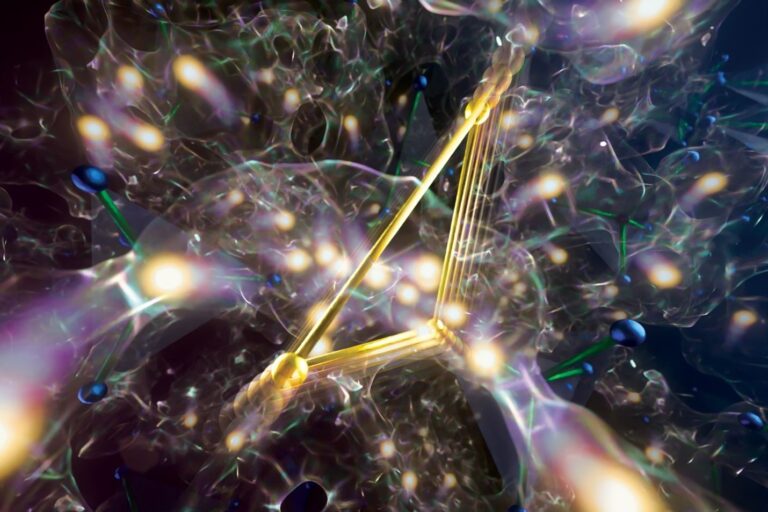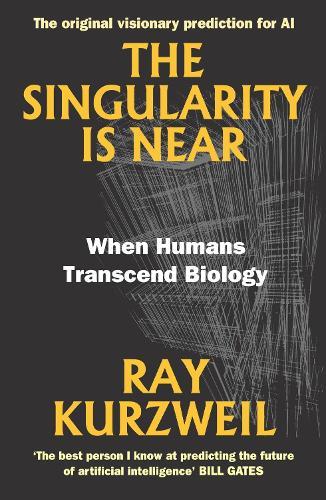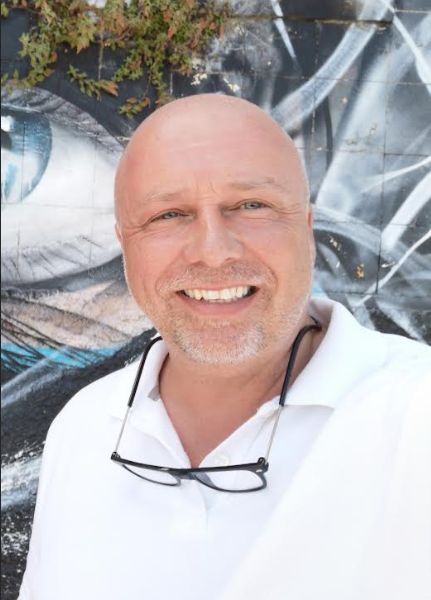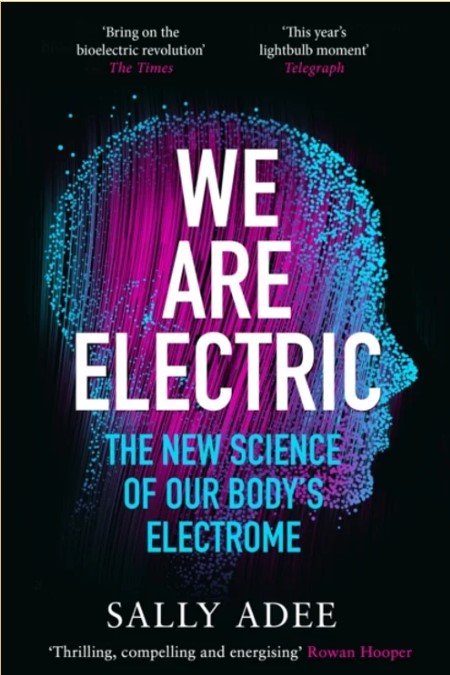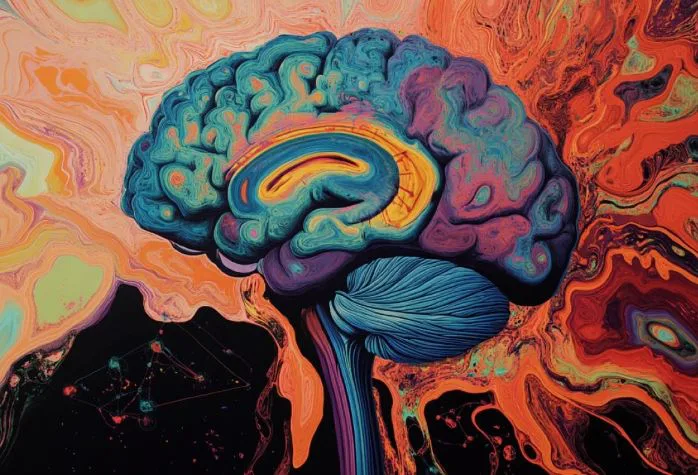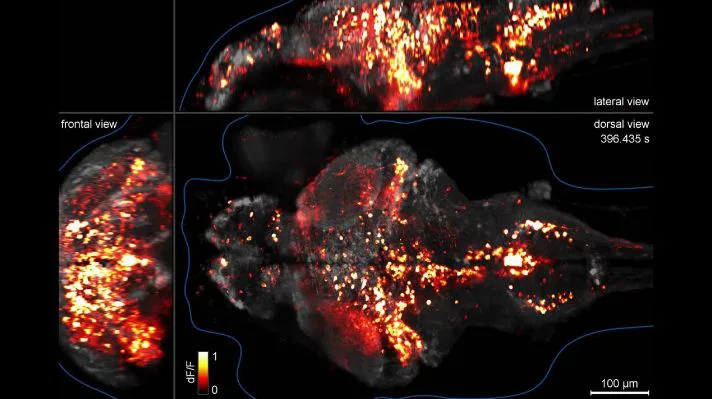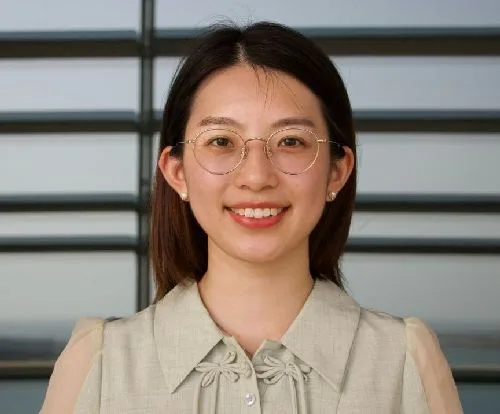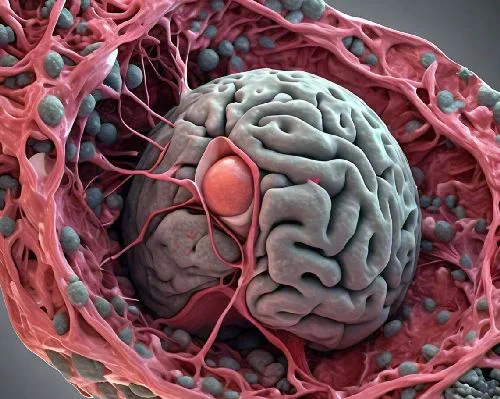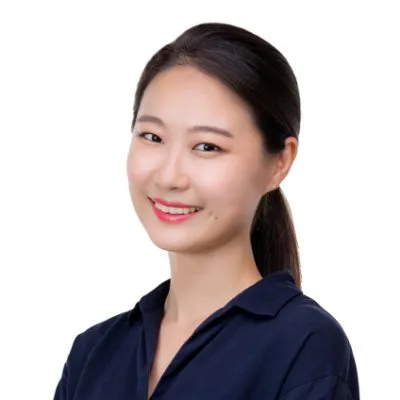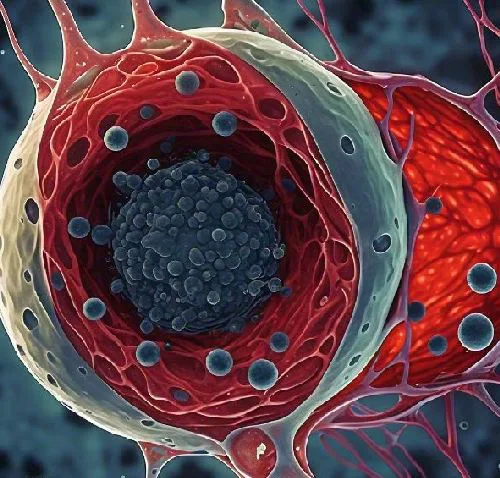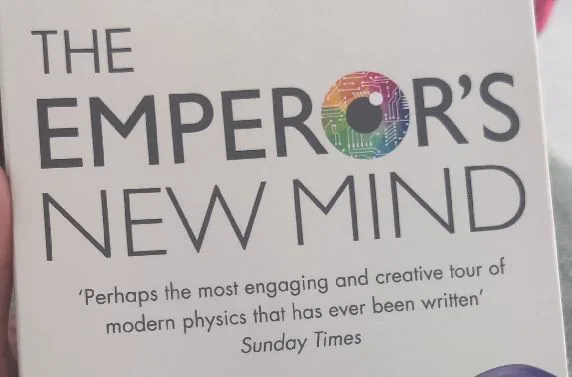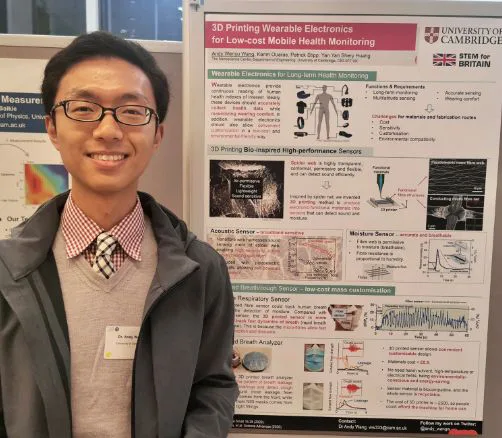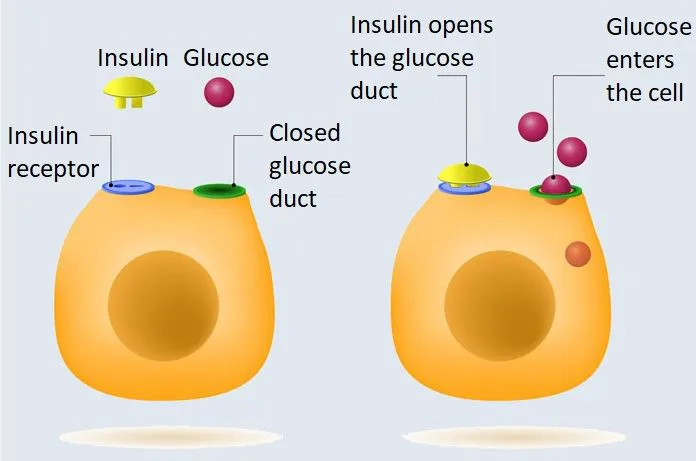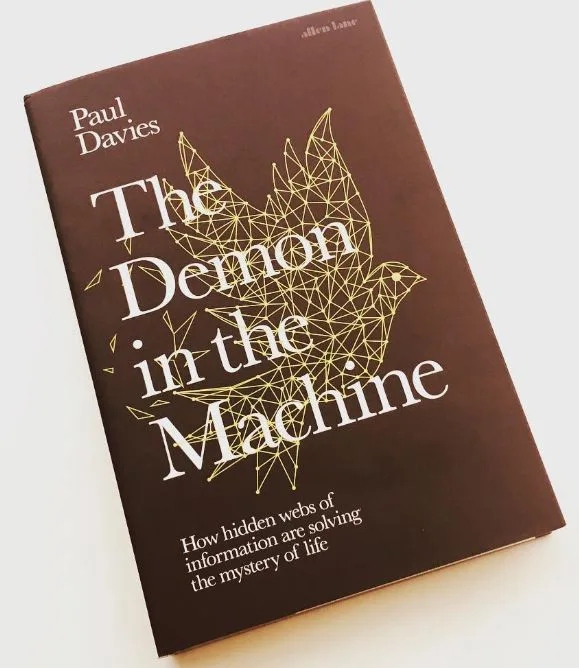I am a huge science fiction nerd and I see this genre as a window, a blueprint for the future. Since, it often imagines advanced tech, societal change, socio-economic possibilities, medicine, space exploration, even philosophy and ethics, before they become reality.
Search Results for: brain
Unravelling Superionic Materials: A Breakthrough for Next-Gen Rechargeable Batteries
Researchers at Duke University have discovered the intricate molecular details of a material that might just be the key to next-generation rechargeable batteries. It’s called the superionic material. The compound displays both solid and liquid properties. How? It retains its solid structure, however, the ions within it move as freely as they would in a liquid.
Book Review: The Singularity is Near by Ray Kurzweil
The Singularity is Near, When Humans Transcend Biology by Ray Kurzweil talks about some exciting times ahead where our intelligence could evolve and go beyond almost everything. We might even transcend the current biological limitations and unlock our imagination in ways that feel unfathomable today. We might live in a world where the line between reality and VR will begin to blur, over all, we’d redefine the way we experience existence today. The book was first published in 2005.
Interview: Prof. Dr. Michael Gerlich, Head of Foresight & Sustainability, SBS Swiss Business School, Switzerland
Recently, I read one research paper titled, “AI Tools in Society: Impacts on Cognitive Offloading and the Future of Critical Thinking” by Prof. Dr. Michael Gerlich. It is one of those research pieces, which I find extremely interesting and want to get into the depth and collect more insights. So, I tried to touch base with the research scientist and asked for his time for an email interview fortunately, he agreed. Research scientists, like Dr. Gerlich are my intellectual heroes who, despite their towering intellect and busy schedule, remain grounded…
Book Review: We Are Electric by Sally Adee
Sally Adee in “We Are Electric: Inside the 200-Year Hunt for Our Body’s Bioelectric Code, and What the Future Holds” takes us into our inner most layer which is but a hidden circuitry that powers nearly all forms of life. Even the tiniest cellular functions are governed by intricate electrical signals. This bioelectricity influences everything from our health to our consciousness. This book made its debut in 2023, and I’ve been jotting down my thoughts on it for the past couple of months. Today, I finally decided it was time…
Psychedelics Stimulate Hippocampal Cells to Alleviate Anxiety
When I first read “DMT: The Spirit Molecule” by Dr. Rick Strassman, I thought developing psychedelic inspired drugs without any “hallucinating” side-effects to cure anxiety related problems could be a game changer. Interestingly, I came across research by Cornell University, where researchers did come up with psychedelics to excite cells in hippocampus to reduce anxiety.
WHaloCaMP Biosensor: Real-Time Insights into Animal Physiology
Researchers at the Janelia group created an innovative way for engineered protein biosensors & bright, fluorescent Janelia Fluor (JF) dyes to work together. Aim of the new biosensor is to measure physiological signals in live animals. The revolutionary sensor, WHaloCaMP, can track multiple physiological signals in live animals, unlike its previous version. And when it comes to illumination, the detector can emit bright far-red light. This light can penetrate deeper into tissues than the other (existing) wavelengths.
Interview: Dr. Yaqing Shen, Material Scientist at KAUST, Saudi Arabia
I’m excited to introduce Dr. Yaqing Shen, a highly accomplished scientist in the field of Material Science and Engineering. Her groundbreaking research on advancing the use of two-dimensional (2D) semiconductors in commercial field-effect transistors (FETs) caught my attention. Despite her hectic academic responsibilities, Dr. Shen graciously agreed to an email interview, where she shared insights into her work and career.
New Pathway Discovery: Could Block Glioblastoma Spread
An international team of researchers from the academia of Canada and the U.S., has uncovered a new way that cancer cells use to invade the brain. Interestingly, the research team led by the Singh Lab at McMaster University has also found a new therapy that looks promising for blocking and killing these tumors.
Interview: Dr. Eunhye Baek, Research Scientist at Tsinghua University, China
I’m excited to introduce our latest interviewee, Dr. Eunhye Baek, whose impressive academic journey and cutting-edge research make her a standout in the field of electrical engineering and nanotechnology. Dr. Baek studied Electrical Engineering at Pohang University of Science and Technology (POSTECH) from 2007 to 2010. In January 2011, she joined Professor Yoon-Ha Jeong’s group at POSTECH, where she focused on the biological functionalization of silicon nanowire BioFETs to detect biomolecules with high sensitivity.
CAMs: Key Players in Modulating Post-Stroke Immune Responses
When a blood clot blocks an artery, it leads to an ischemic stroke. The blockage or ischemic stroke prevents blood and oxygen from reaching areas of the brain. This gives rise to one of the following symptoms: According to the statistics, the older one gets, the higher the risk of experiencing ischemic strokes. Although, neuroscience has helped us understand what happens in the body during a stroke. However, we have no idea how the immune system helps with recovery after a stroke.
Book Review: The Emperor’s New Mind by Roger Penrose
The Emperor’s New Mind: Concerning Computers, Minds and The Laws of Physics was written by Sir Roger Penrose. It was first published in 1989. I decided to pick this book because I thought it would give me the physicist’s perspective on what consciousness is. However, this book is much more than that. It’s about Turing machines, lambda calculus, the Mandelbrot set, Gödel’s theorem, cosmology, space-time singularities, quantum mechanics, neurology, AI, and, of course, consciousness. So, it’s a comprehensive package covering nearly “everything”.
Interview: Dr. Andy Wang, a Bioelectronics Scientist at the University of Cambridge, England
Meet Dr. Andy Wang, PhD, a leading researcher in the Biointerface Group at the University of Cambridge, under the esteemed Prof. Shery Huang. Dr. Wang brings a wealth of expertise to the field, having earned a Bachelor’s degree in Mechanical Engineering from the prestigious Tsinghua University in 2016, followed by a PhD in the same field from the world-renowned Cambridge University Engineering Department in 2021.
Insulin Resistance: Ketones Found to Revive Neuron Function
Recent research conducted by the Del Monte Institute for Neuroscience at the University of Rochester focused on understanding how ketones affect the brain’s hippocampal network. The hippocampus is a crucial brain region involved in memory formation and spatial navigation.
Book Review: The Demon in the Machine by Paul Davies
The Demon in the Machine: How Hidden Webs of Information Are Finally Solving the Mystery of Life by Paul Davies was first published in 2019. This book comes with a wealth of knowledge, as the author has put together physics, chemistry, biology, and information theory.


